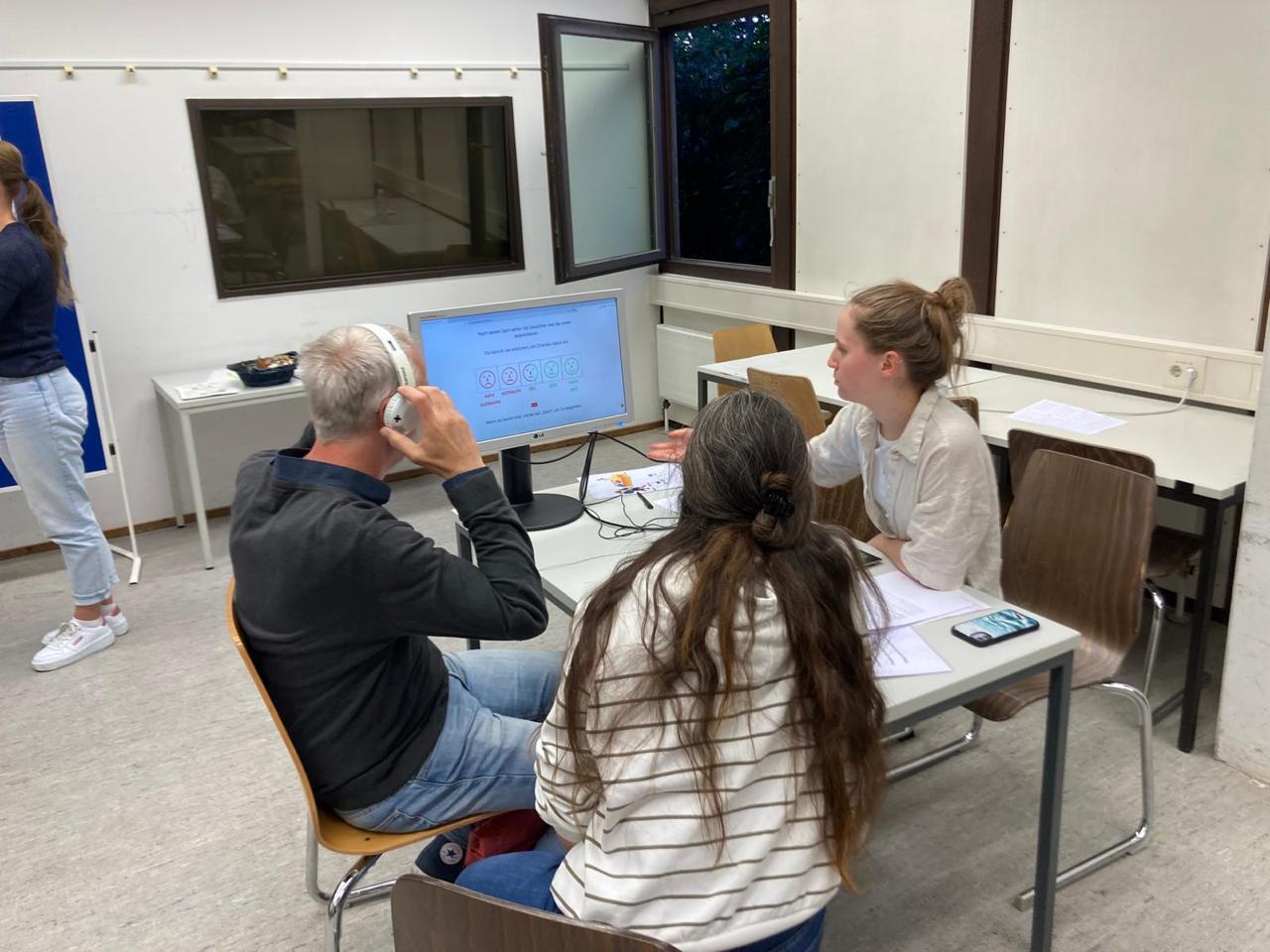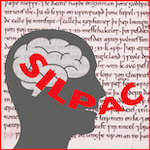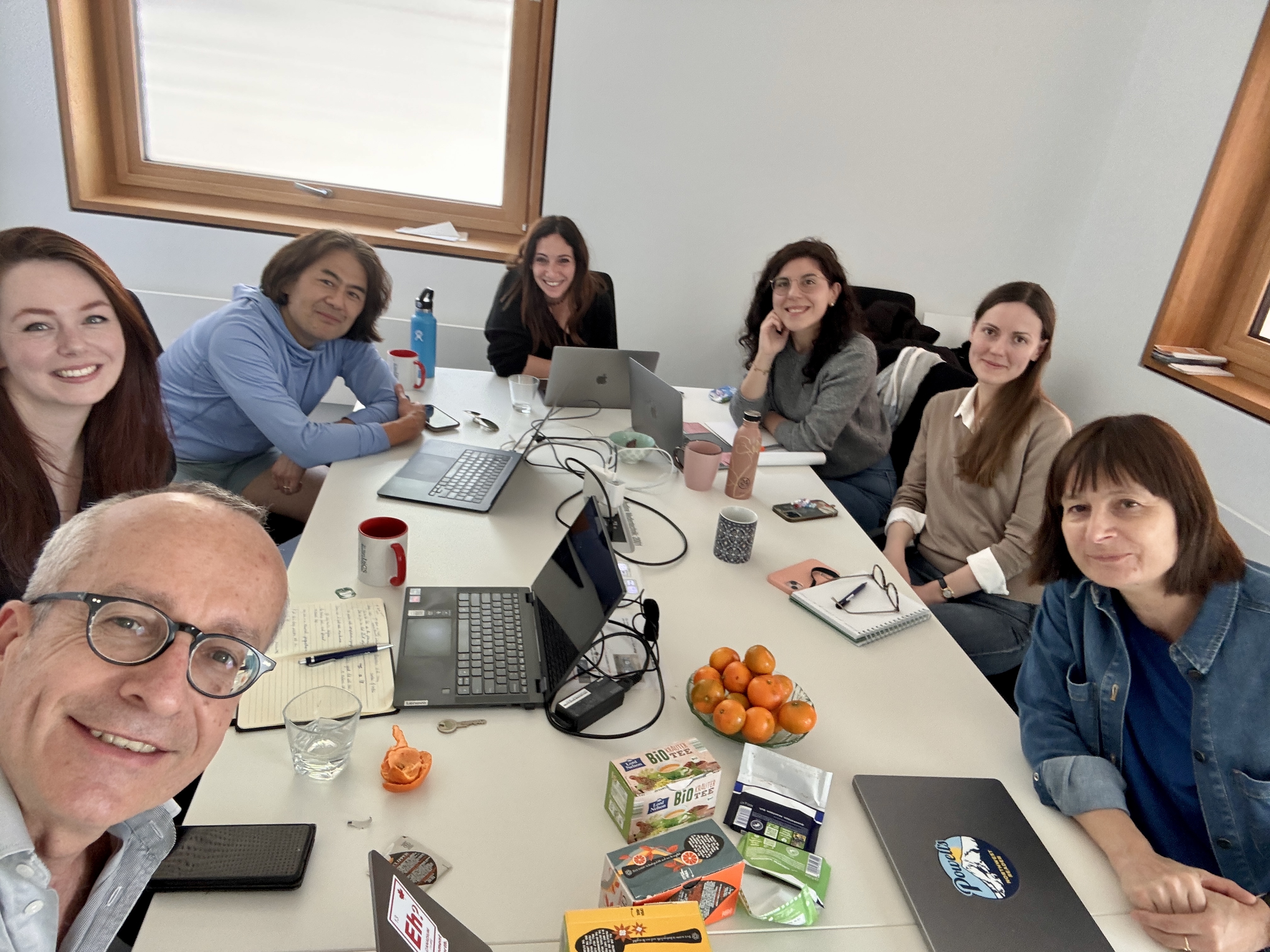
🧠 Can We Learn to Speak in Unusual Ways? A Peek into Language Experiments at the Night of Science
On May 9, 2015, our research group (project P1) participated in the Night of Science, an exciting public event hosted by the University of Kaiserslautern-Landau to make scientific research accessible to a wider audience. We presented hands-on experiments focusing on how both monolingual and bilingual children and adults process uncommon or even ungrammatical sentences. We designed interactive games where members of the public could participate directly and experience how subtle influences can affect their own use of language.

